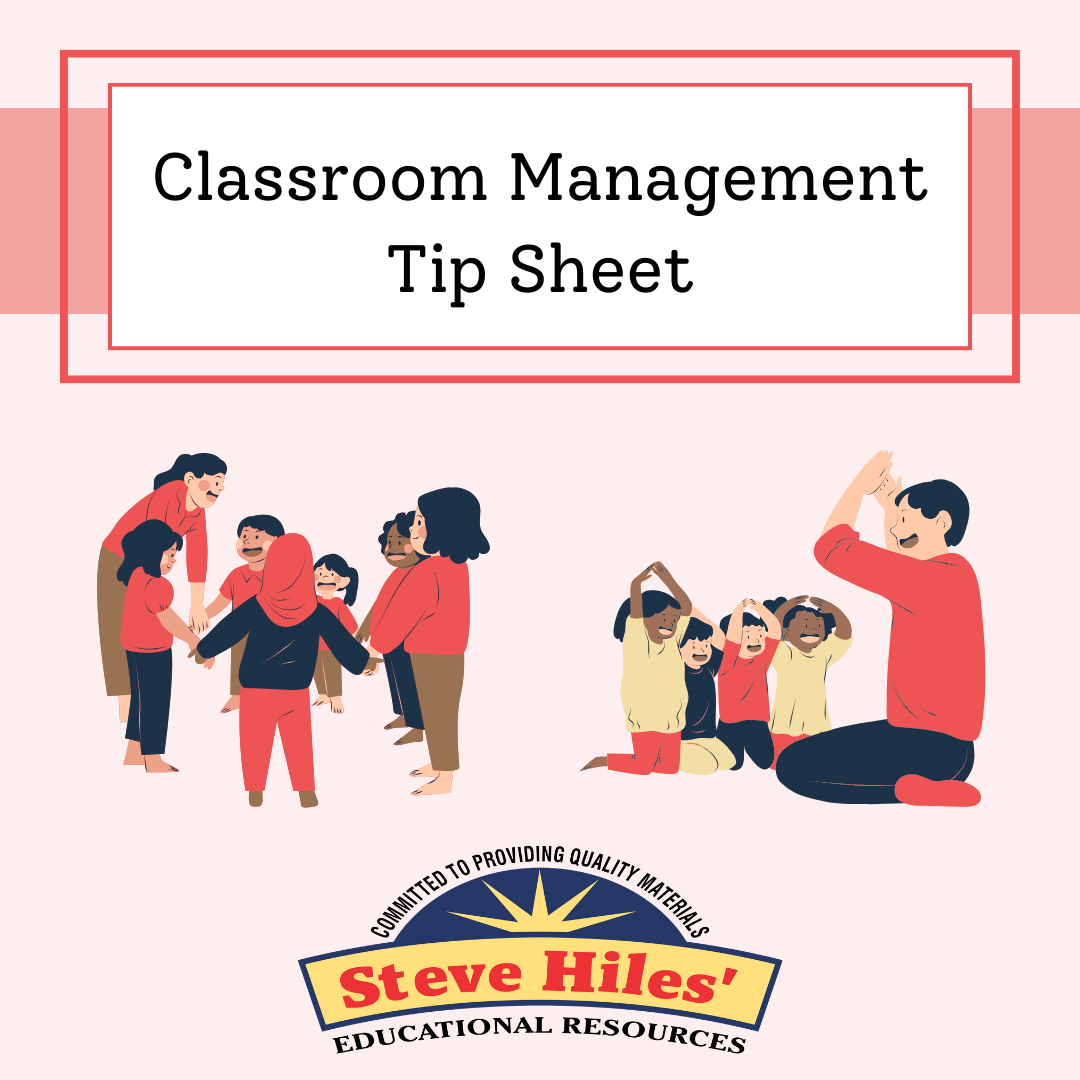Being a teacher, one of the most challenging tasks besides teaching your students is to maintain a connection with their parents and share the progress of their child in and out of the classroom in a way that it benefits the students and parents in such a way that not only they become aware of how their kid is doing in school and also how they can play a role in their academic progression.
Having positive parent-teacher relationships is, without a doubt, a win-win situation for both parties. Teachers benefit from additional input from an academic, social and behavioral point of view and draw upon the knowledge of the whole child. Additionally, parents feel more involved in their child’s education and feel more confident in helping their child academically.
But that’s a task, not every teacher, at least the ones who are new in the profession, can master, it goes without saying that it’s not as easy as one would think to appease every student’s parents; understand what they want exactly, and what you are trying to accomplish. Yet, that’s not the end of the world.
As a teacher, you can practice different ways and take different approaches to achieve the primary goal of sharing your student’s real stats with their parents.
To make it as simple as possible and easy to understand, especially for the new teachers here, here are some of the best tips you can follow to create and maintain healthy relationships with your students’ parents. We are going to be discussing 15 specific things that a teacher can do to foster positive relationships with parents.
Table of Contents
ToggleNumber 1: Wear a smile
This is one of the necessary interpersonal skills; the best way to foster a positive relationship with parents is simple: smile! But do so genuinely. Don’t wear a smile to appease your students or their parents or hide your true feelings. When you greet parents in the morning, exchange niceties and be mindful of your expression. When parents see you as someone cheerful and happy to see them and their child, they’ll be more likely to want to develop a positive relationship with you.
Number 2: Learn their names
Addressing parents by their first names is an easy yet effective way to establish a positive relationship. When you take the time to learn these small tidbits, it shows that you do care. Parents know that you have an extensive list of names to memorize, so when you go the extra mile to do so, they’ll more than appreciate it. Before long, they may consider you a friend and not just a teacher.
Number 3: Learn to communicate effectively
When we form new relationships with people, the first thing we do is talk. Humans are social creatures at heart. When we want to create a relationship with another person, we express that intent verbally. Even though you might have the best intentions, remaining quiet can portray you as pretentious or indifferent.
Number 4: Ask questions
If you hope to create a positive relationship with your parents, you need to show interest. And the most straightforward way you can do that is by asking questions! Get on the same level as the parents, and ask simple questions about their children. For example, you might ask who the child’s favorite YouTuber is or inquire about their favorite snack. This might seem like a small gesture, but it will move mountains when winning new parents over. The only thing most parents want is a teacher who has their child’s best interest at heart. If you can prove to them that this is your goal, you’ll be a winner in their book.
Number 5: Don’t wait to call until there’s trouble
The worst thing you could do is wait to call a parent when their child has a school problem. No parent likes to have a conversation with a teacher about their child misbehaving. If you are only calling to report negative information, parents will dread phone conversations with you. Try surprising parents with a call about some exemplary behavior or something their child did that made them stand out against the crowd. Parents love to hear about their children doing great things. Pretty soon, they will start associating you with positive thoughts, which will only help your case when building those positive relationships that you seek.
Here’s a tip this is something that I did in my classroom, that has always paid off in big dividends. I would pick 2 student per week, one boy and one girl and make a positive phone call home. My praise would be specific – not general, for example instead of saying Johnny is a good boy, I’d say I love how Johnny treats his classmates with kindness and respect. This is one sure fire way to win over parents.
Number 6: Show genuine kindness and compassion for the child
A parent’s number-one priority is the happiness and well-being of their child. For this reason, it is not enough to be on good terms with them. You must also display a healthy and positive relationship with the child. Unfortunately, parents don’t often get to see all the classroom action, which is where most of your efforts go. Respecting the child and having an overall welcoming tone is the best way to show parents that you are actively involved in their child’s well-being, as well.
Number 7: Always start with the good news first
In the unfortunate case, you have to share bad news with a parent always open the conversation with something positive. This information doesn’t have to be earth-shattering; it needs to soften the blow of the negativity. Try highlighting a satisfactory grade before jumping into the bad stuff. The parents might not realize what you are doing, but they will be in a better headspace to take on the bad news you have to share with them.
Number 8: Treat them like a customer
If it’s easier for you, try treating each interaction with parents as you would with a well-paying customer. This isn’t to say that you want to be transactional; instead, you treat them with respect each time you see one another. You wouldn’t wave a customer off each time they entered your business or ignore their presence, right? So please don’t do it to your students’ parents.
Number 9: Encourage feedback
Parents want to feel included in all aspects of their children’s lives. When it comes to sending them to school, they face the dilemma of allowing another adult to dictate their child’s time. For some parents, this can be challenging. An excellent way to encourage a positive relationship with parents is to ask them for their feedback. Implement an open-door policy in your classroom where everyone has a say. This doesn’t mean that you need to turn your class on its head, but if you’re willing to make a few small changes for the sake of the parents, it could calm anxieties and change their perception of you.
Number 10: Try not to make assumptions
No matter how much you’ve seen (and as a teacher, you’ve undoubtedly seen a lot), you never honestly know what a person is going through. It can be tempting to make assumptions regarding parents that seem uninvolved or apathetic. It would be best if you avoid this, though. Accept that you don’t have all the information about these parents’ lives and that you could never understand why they act the way they do. This would be the time to show kindness and compassion, no matter how hard it is to do. The last thing you want is to damage a potentially good relationship over false assumptions.
Number 11: Show gratitude
Some of the most impactful words you can say to a parent are “thank you.” For as much as you do for their child in the classroom, parents do tenfold at home and on the weekends. When a parent takes time out of their busy schedule to help you with a task or open up a conversation, thank them! Showing gratitude proves to parents that you are genuine and appreciative of all they do inside and outside the classroom.
Number 12: Create a parent survey
Even if you have already opened your door for parents’ suggestions, some will be hesitant to share their opinions. If you want to show parents that you’re interested in their feedback, consider soliciting anonymous surveys from each parent. This will provide them with a safe space to share their thoughts and will further prove that you see the value of their opinions and any feedback that they may be willing to share.
Number 13: Create volunteer opportunities for parents
Many parents want to be involved in their child’s school life but may not have the opportunity. You can solve this problem by creating such opportunities for them. Consider asking for chaperones at a class party or volunteers to assist you with planning class events in the year to come. Even parents that don’t have time to dedicate to your cause will notice and appreciate your initiative. You are presenting yourself as someone who cares about parents and students equally, which will encourage positive parent relationships all around.
Number 14: Listen to them
Nothing is more frustrating to a parent than a teacher that presumes to know more about their child than they do. Your teaching career has likely given you ample experience in dealing with children from all walks of life, but parents know their kids best. If a parent approaches you with advice or suggestions, listen with an open mind and let them know that you hear them and care about their concerns. Parents will be grateful that they have a teacher on their team that wants to work together to ensure the student’s success.
Number 15: Have an open-house event
Invite your students’ parents into your classroom to share ideas. An open-house event is the perfect setting in which to do this. This will give you a chance to explain what you do in the classroom and what a typical day looks like. It will also allow parents to ask questions and learn anything they want to know about their child’s education. Don’t be afraid to let it get personal — revealing a little about your own life helps parents see you as a person and not just an employee of the school. Authenticity is the best way to go.
Now that we know how to approach parents of your students and maintain a healthy relationship with them, let’s talk about the benefits or impacts of this practice for a brief moment before we get towards the end of today’s episode.
According to research, parental involvement can free teachers to focus more on the task of teaching children. Also, by having more contact with parents, teachers learn more about students’ needs and home environment, which is information they can apply toward better meeting those needs. Parents who are involved tend to have a more positive view of teachers, which results in improved teacher morale.
These positive connections will impact a student’s classroom experience by helping students trust their teacher. In a trusted classroom environment, students feel welcomed and work more intentionally to meet classroom goals. When parents have a voice in their child’s learning experience, they are more supportive of classroom goals and lend their expertise in ways that are above and beyond standard parental expectations. And when teachers have the support of parents, they are more effective and confident in their teaching practices.







